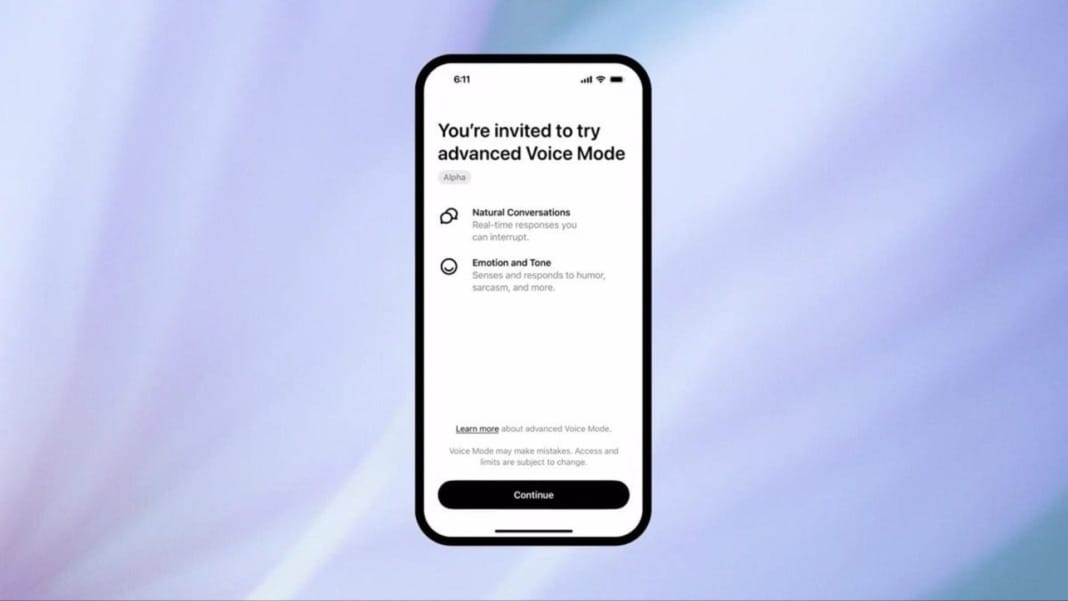Texas has announced a significant settlement with Meta regarding using facial recognition technology on Facebook. This agreement resolves a lawsuit filed in 2022, which claimed that Facebook’s “Tag Suggestions” feature violated the state’s Capture or Use of Biometric Identifier (CUBI) Act and the Deceptive Trade Practices Act. According to Texas Attorney General Ken Paxton’s office, Meta has agreed to pay US$1.4 billion over five years to settle the suit.
Record-breaking settlement
This settlement marks the most significant amount ever resulting from an action brought by a single state, as stated by Paxton. Additionally, it is the first lawsuit and settlement under the CUBI Act, serving as a cautionary tale for other companies that might infringe on the state’s privacy laws.
Paxton emphasised the importance of protecting Texans’ sensitive data, stating, “Any abuse of Texans’ sensitive data will be met with the full force of the law.”
Issues with Tag Suggestions
The controversy centres around Facebook’s tag suggestions for photos. In 2011, Meta introduced the “Tag Suggestions” feature, which aimed to enhance the user experience by making it easier to tag people in photos. However, this feature was launched two years after Texas enacted the CUBI Act. This law prohibits companies from capturing biometric data, such as face geometry, without obtaining prior informed consent from users.
Facebook automatically enabled tag suggestions, capturing and using the biometric data of millions of Texans without the required authorization. This led to the lawsuit, which sought significant civil penalties for each violation of the CUBI Act and the Texas Deceptive Trade Practices Act. Initially, these penalties could have amounted to hundreds of billions of dollars, according to reports in The Wall Street Journal in 2022.
Meta’s response and plans
Despite agreeing to the settlement, Meta did not admit to any wrongdoing. In response to the growing concerns over privacy, Facebook introduced an on/off control for tag suggestions in 2017, replaced it with broader facial recognition settings in 2019, and eventually ceased automated facial tagging in photos in 2021.
Meta spokesperson Christopher Sgro commented, “We are pleased to resolve this matter and look forward to exploring future opportunities to deepen our business investments in Texas, including potentially developing data centres.”





